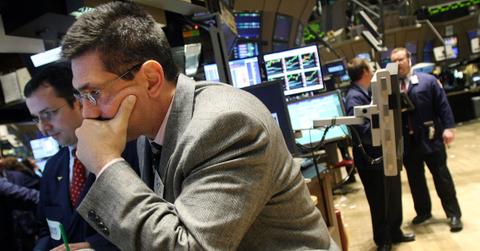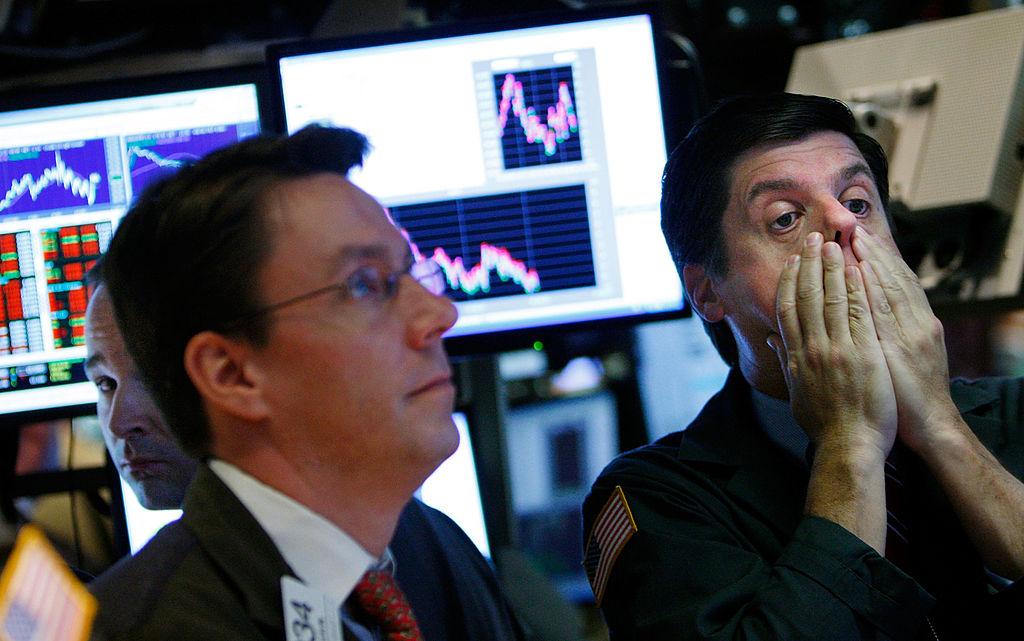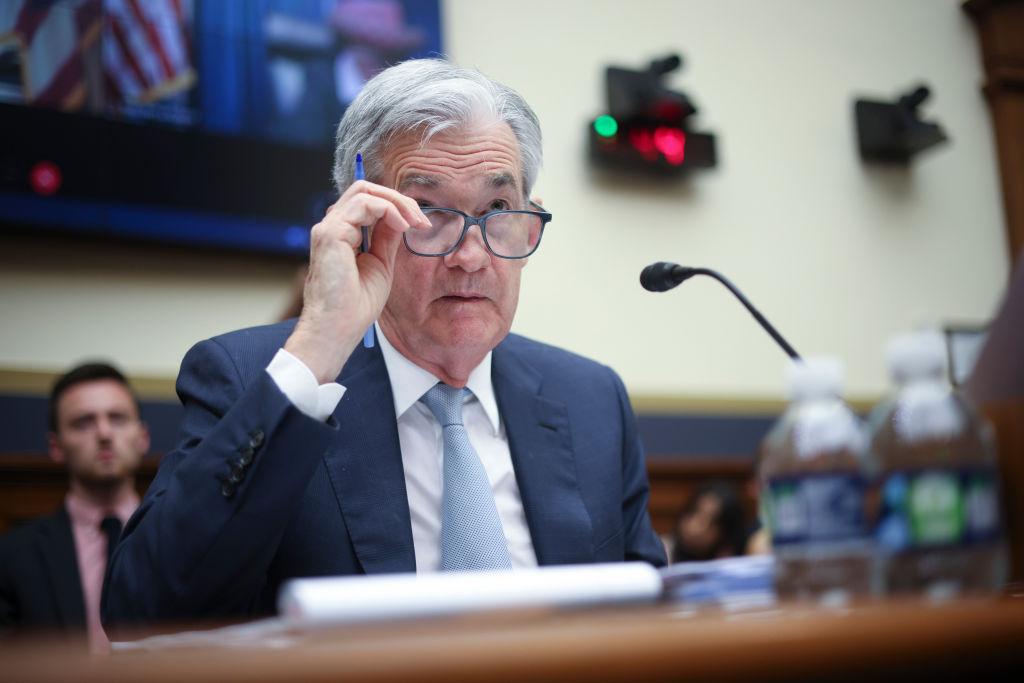Here’s Why Inflation Goes Down in a Recession
Several economists are predicting a U.S. recession amid spiraling prices. Does inflation go down in a recession?
July 13 2022, Published 11:15 a.m. ET

Policymakers worldwide have been worried about a recession amid rising inflation. Several economists, including former Treasury secretary Larry Summers, now see an upcoming recession. Does inflation go down in a recession?
U.S. recession hit a multidecade high of 8.6 percent in May. Today's Americans aren't used to such high inflation, and central banks in the developed world were actually worried about inflation being too low in the 2010s.
What's a recession?
The generally accepted definition of a recession is a fall in GDP for two consecutive quarters. The U.S. GDP contracted in the first quarter of 2022 and the Atlanta Fed’s GDP tracker shows that the economy contracted in the second quarter as well, suggesting that a recession has started. However, we'll have to wait until the end of July for an official GDP reading for the second quarter.

Here's what happens in a recession
In a recession, the unemployment rate increases as a slowing economy leads to job losses. Companies slow down hiring and investment plans, and stock markets crash. As demand for goods falls, companies look at ways to increase sales and often announce promotions to clear their inventory.
Inflation falls in a recession as demand comes down
Pricing is a function of demand and supply. The red-hot inflation that we’ve seen over the last two years is due to a demand-supply mismatch. Whereas global demand has rebounded from the pandemic lows, supply hasn't kept pace. As demand falls during a recession, prices invariably fall.
The average person cuts back on discretionary spending during a recession. After suffering a partial or complete loss of income, many look to save money. Several retailers have pointed out that discretionary product sales are slowing.
Commodity prices fall in a recession, lowering inflation
As commodity prices fall in a recession, manufacturing costs also come down. Most commodity prices have already fallen amid fears of a demand slowdown. Prices of food products have also come down, as have global crude oil prices: they dipped below $100 per barrel on recession fears and lockdowns in China.
A fall in oil and gas prices could help tame inflation. Crude oil prices hit their all-time highs in 2008, right before the global economy went into recession. After the global economy crashed in the back half of 2008, oil prices, as well as inflation, came down.
There's also a relationship between housing prices and recession, albeit nuanced. Whereas the U.S. housing market crashed during the 2008–2009 recession, there have been instances when house prices have risen during a recession.

Generally, inflation falls during a recession. Many are speculating that the Fed is trying to steer the U.S. economy toward a recession to achieve its objective of lowering inflation, but the U.S. Central Bank has categorically denied this.
